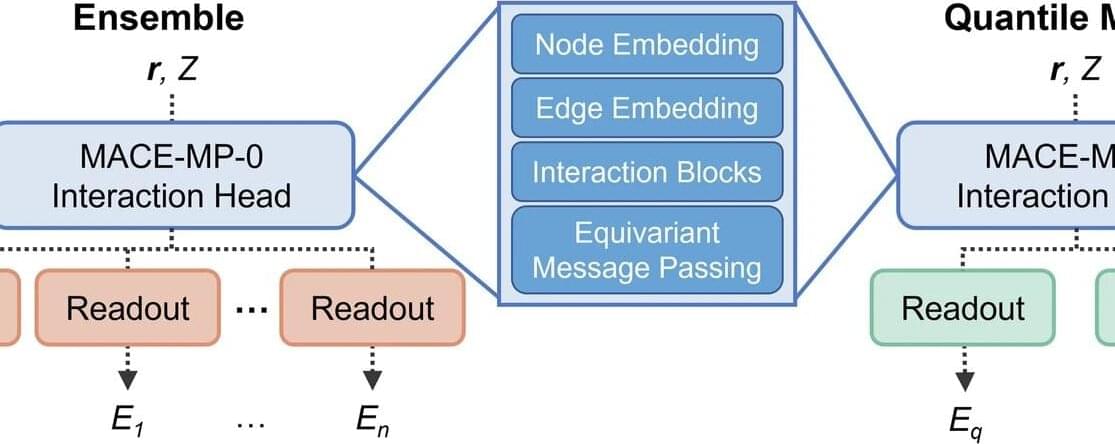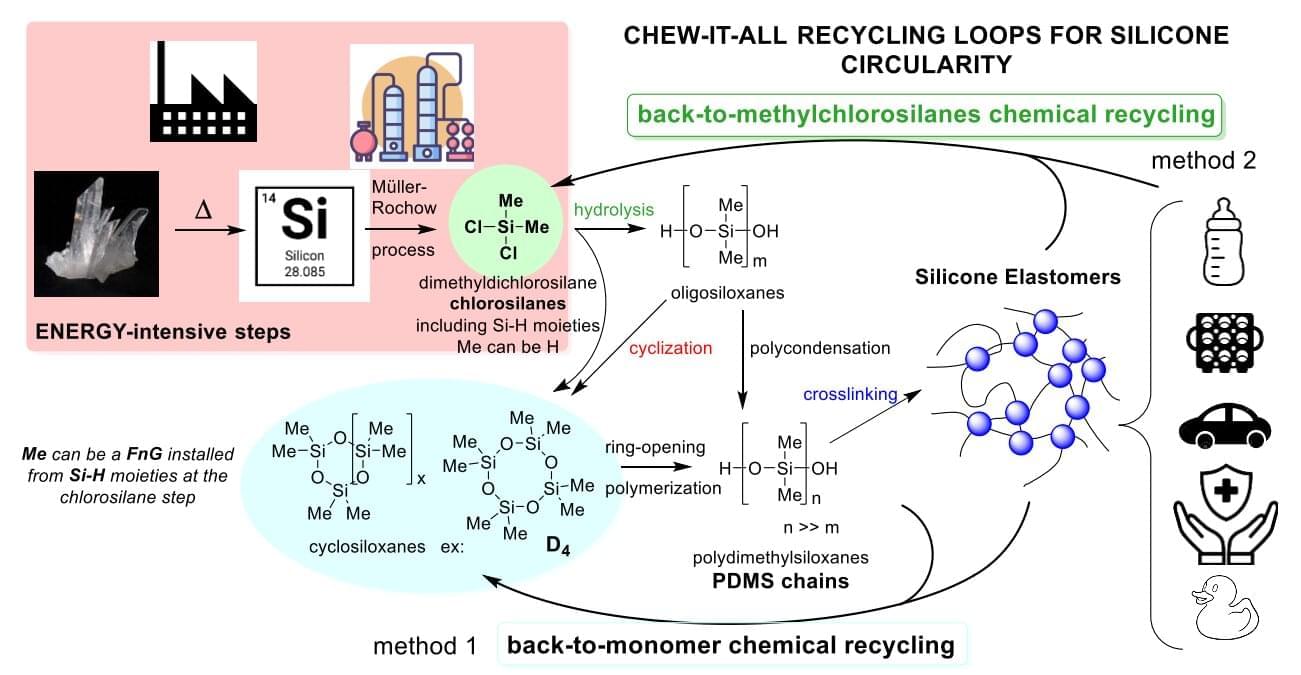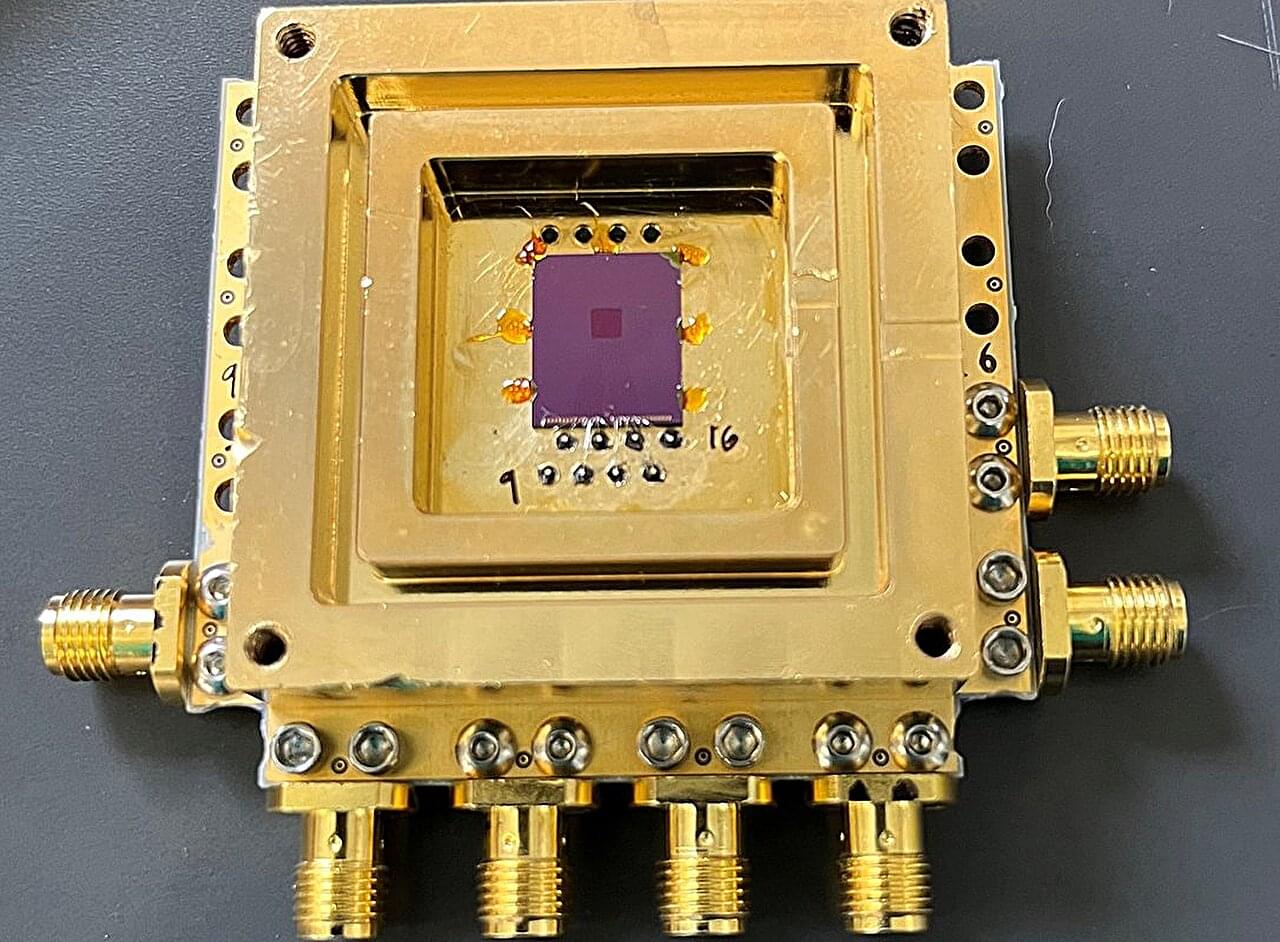Laboratory experiments have coaxed simple molecules into states that naturally become more complex, hinting at the origins of evolution itself



A new study offers insight into what is happening in our brains when our working memory must use its limited resources to remember multiple things.
Researchers found that two parts of the brain work together to ensure that more brain resources are given to remember a priority item when a person is juggling more than one item in memory.
The study involved people remembering spatial locations. Imagine seeing two books on different shelves of a cluttered bookcase that was not arranged in any order. How could you remember where they were if you came back a few seconds later?

We are surrounded by a multiplicity of materials, from metals and alloys to crystals, glasses, and ceramics; from polymers and plastics to organic and living-derived substances; and let’s not forget natural materials like stone and exotic materials like aerogel.
The amazing thing to me is that all these materials are formed from different combinations of the same small group of elements. For example, while living organisms and other objects can contain traces of many elements, a core group does the heavy lifting; only six elements—carbon ©, hydrogen (H), oxygen (O), nitrogen (N), phosphorus ℗, and sulfur (S)—make up over 95% of the mass of most living things.
Similarly, only eight elements—oxygen (O), silicon (Si), aluminum (Al), iron (Fe), calcium (Ca), Sodium (Na), potassium (K), and magnesium (Mg)—make up more than 98% of the Earth’s crust.

IN A NUTSHELL 🌍 NASA collaborates with private and academic sectors to develop the Quantum Gravity Gradiometer Pathfinder, a revolutionary space-based quantum sensor. ❄️ The gradiometer uses ultra-cold rubidium atoms to measure Earth’s gravitational variations with high precision, free from environmental disturbances. 🔬 Quantum sensors in the QGGPf offer 10 times greater sensitivity and are

Japan has taken a significant step forward in renewable energy with the successful deployment of its first megawatt-scale tidal turbine, the AR1100. Installed in the Naru Strait, this 1.1 MW tidal turbine represents a major breakthrough in marine energy technology. As Japan moves towards a sustainable, fossil-fuel-free future, tidal energy is poised to play a crucial role in the country’s energy transition.
This latest achievement builds upon the success of the AR500 pilot project, which demonstrated the viability of tidal energy with a 97% availability rate. With the AR1100 now operational, Japan has entered the global race to harness ocean power on a large scale.
This article will explore how tidal energy works, the advantages of this technology, Japan’s commitment to renewable energy, and the impact of the AR1100 project on the future of clean power generation.


It’s obvious when a dog has been poorly trained. It doesn’t respond properly to commands. It pushes boundaries and behaves unpredictably. The same is true with a poorly trained artificial intelligence (AI) model. Only with AI, it’s not always easy to identify what went wrong with the training.
Research scientists globally are working with a variety of AI models that have been trained on experimental and theoretical data. The goal: to predict a material’s properties before taking the time and expense to create and test it. They are using AI to design better medicines and industrial chemicals in a fraction of the time it takes for experimental trial and error.
But how can they trust the answers that AI models provide? It’s not just an academic question. Millions of investment dollars can ride on whether AI model predictions are reliable.

The resuspension of seafloor sediments—triggered by human activities such as bottom trawling as well as natural processes like storms and tides—can significantly increase the release of carbon dioxide (CO2) into the atmosphere. When these sediments are exposed to oxygen-rich seawater, large-scale oxidation of pyrite occurs.
This reaction plays a much greater role in CO2 emissions than previously assumed, exceeding the contribution from the oxidation of organic carbon. A new study, published in Communications Earth & Environment, provides the first quantitative evidence of this effect in the western Baltic Sea.
“Fine-grained, muddy sediments are important reservoirs of organic carbon and pyrite,” says lead author Habeeb Thanveer Kalapurakkal, a Ph.D. student in the Benthic Biogeochemistry working group at GEOMAR.

A study conducted by CNRS researchers describes a new method of recycling silicone waste (caulk, sealants, gels, adhesives, cosmetics, etc.). It has the potential to significantly reduce the sector’s environmental impacts.
This is the first universal recycling process that brings any type of used silicone material back to an earlier state in its life cycle where each molecule has only one silicon atom. And there is no need for the raw materials currently used to design new silicones. Moreover, since it is chemical and not mechanical recycling, the reuse of the material can be carried out infinitely.
The associated study is published in Science.

To learn more about the nature of matter, energy, space, and time, physicists smash high-energy particles together in large accelerator machines, creating sprays of millions of particles per second of a variety of masses and speeds. The collisions may also produce entirely new particles not predicted by the standard model, the prevailing theory of fundamental particles and forces in our universe. Plans are underway to create more powerful particle accelerators, whose collisions will unleash even larger subatomic storms. How will researchers sift through the chaos?
The answer may lie in quantum sensors. Researchers from the U.S. Department of Energy’s Fermi National Accelerator Laboratory (Fermilab), Caltech, NASA’s Jet Propulsion Laboratory (which is managed by Caltech), and other collaborating institutions have developed a novel high-energy particle detection instrumentation approach that leverages the power of quantum sensors—devices capable of precisely detecting single particles.
“In the next 20 to 30 years, we will see a paradigm shift in particle colliders as they become more powerful in energy and intensity,” says Maria Spiropulu, the Shang-Yi Ch’en Professor of Physics at Caltech.